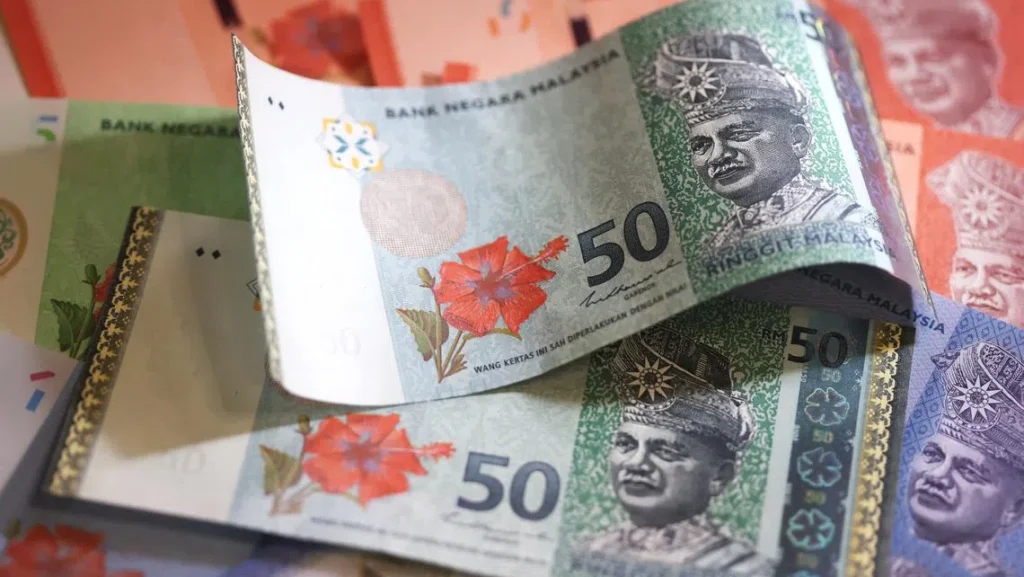New York — With the clock ticking toward January 19, 2025, TikTok faces an existential crisis in the United States, where more than 170 million users turn to the app daily for entertainment, education, and economic opportunities. A U.S. appeals court recently upheld a law mandating that TikTok’s Chinese parent company, ByteDance, relinquish control of the platform or face an outright ban. The ruling represents a seismic moment in the history of digital culture, thrusting one of the world’s most influential social media platforms into legal and political limbo.
The implications of the ruling are monumental. Should TikTok fail to comply, app stores like Apple’s and Google’s would be forced to remove the app from their platforms or face steep penalties. For the millions who have already downloaded TikTok, this would not translate into an immediate shutdown but rather a gradual erosion of functionality. Updates would cease, security vulnerabilities would multiply, and the user experience would deteriorate over time.
TikTok, however, is not retreating quietly. The company has pledged to take the case to the Supreme Court, framing the issue as a fundamental challenge to free speech. TikTok spokesperson Michael Hughes underscored the stakes, warning that the ban would “silence the voices of over 170 million Americans” and stifle creativity on a global scale. Despite this defiant stance, the company remains resolute in its refusal to sever ties with ByteDance, a decision that places it at odds with U.S. lawmakers determined to address perceived national security risks.
The path to the Supreme Court is fraught with challenges. While TikTok could request a temporary stay to delay the enforcement of the law, legal experts are divided on whether the platform will find a sympathetic audience among the justices. The Court’s conservative composition and focus on national security concerns could tilt the scales against TikTok. Even a rapid review by the Supreme Court, which some experts predict could occur as early as January, may not yield the outcome TikTok desires.
The political dimension of TikTok’s plight further complicates matters. President-elect Donald Trump, who initially spearheaded efforts to ban the app during his first term, has since softened his stance. In a surprising turn, Trump declared on TikTok itself that he would “never ban TikTok.” However, with the ban slated to take effect just one day before his inauguration, his ability to intervene is constrained. Trump could urge Congress to repeal the law, but such a move is unlikely to succeed. Alternatively, he might reinterpret the law’s provisions to delay enforcement, a strategy that would rely on the acquiescence of tech giants like Apple and Google.
The TikTok community, an eclectic mix of creators, entrepreneurs, and everyday users, has reacted with a mix of anxiety and hope. For some, the platform is irreplaceable. Lifestyle influencer Carrie Berk expressed her fears about losing a primary source of income and connection with her audience. Meanwhile, content strategist Keenya Kelly remains optimistic, believing that TikTok’s economic significance will prevent a full-scale ban. The uncertainty has also led creators to explore alternatives, though replicating TikTok’s unique algorithm and community-driven culture on other platforms remains a daunting challenge.
As the legal and political battles rage on, the fate of TikTok encapsulates broader debates about digital sovereignty, national security, and the role of technology in modern society. For its millions of users, the question remains whether the app will emerge unscathed or become a casualty of geopolitical tensions.









